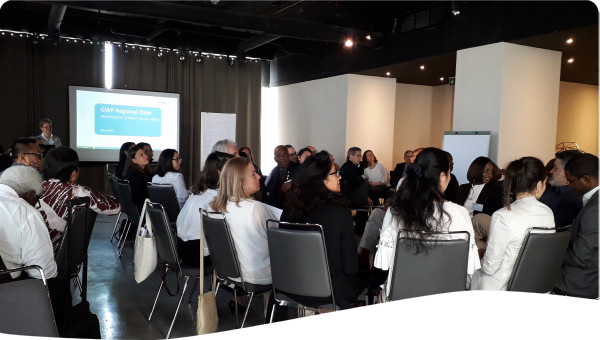The food, energy, and water nexus represents the interaction of three complicated systems, each of which alone provides plenty of fodder for human conflict. In the USA, environmental laws typically address conflicts arising within each system. For example, the Clean Water Act primarily focuses on controlling end-of-pipe water pollution. However, it is less effective in reducing water pollution from nonpoint sources, which requires intensive collaboration of both public and private entities to address. Sector-based regulatory regimes also have similar limitations in the food and energy systems. Once these three systems are considered together, the implications of policies, plans, and projects on natural resources become difficult to untangle. This paper discusses the benefits and challenges of managing environmental disputes through facilitation and mediation, where a neutral third party is engaged to help design and manage a constructive problem-solving process. An examination of how mediation in particular has been used to address conflicts of different scales in the USA suggests that the use of third-party neutrals should be considered more widely in collaborative efforts to handle conflict at the food, energy, and water nexus. The aid of a neutral third party could greatly enhance the effectiveness of stakeholder engagement and creativity under scientific, legal, and political uncertainties. Dispute resolution processes can also accelerate the creation of productive relationships between citizens, scientists, and non-governmental and governmental agencies to foster innovative and lasting solutions to meet the food, energy, and water needs of the future.
Description / Abstract
Publication year
Thematic Tagging
English
 Resource -
Resource -
